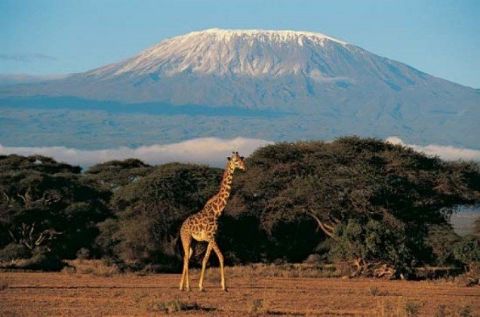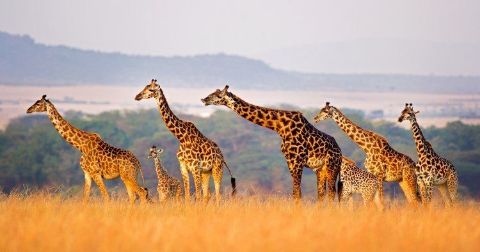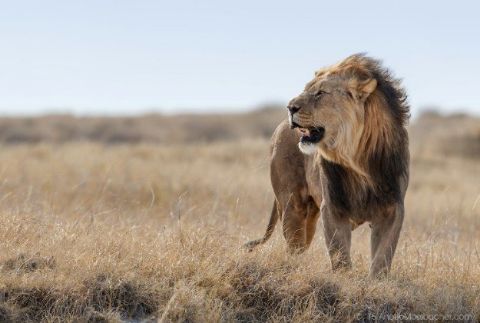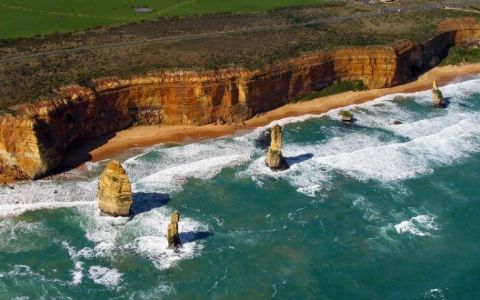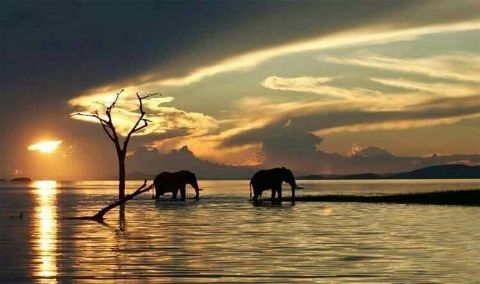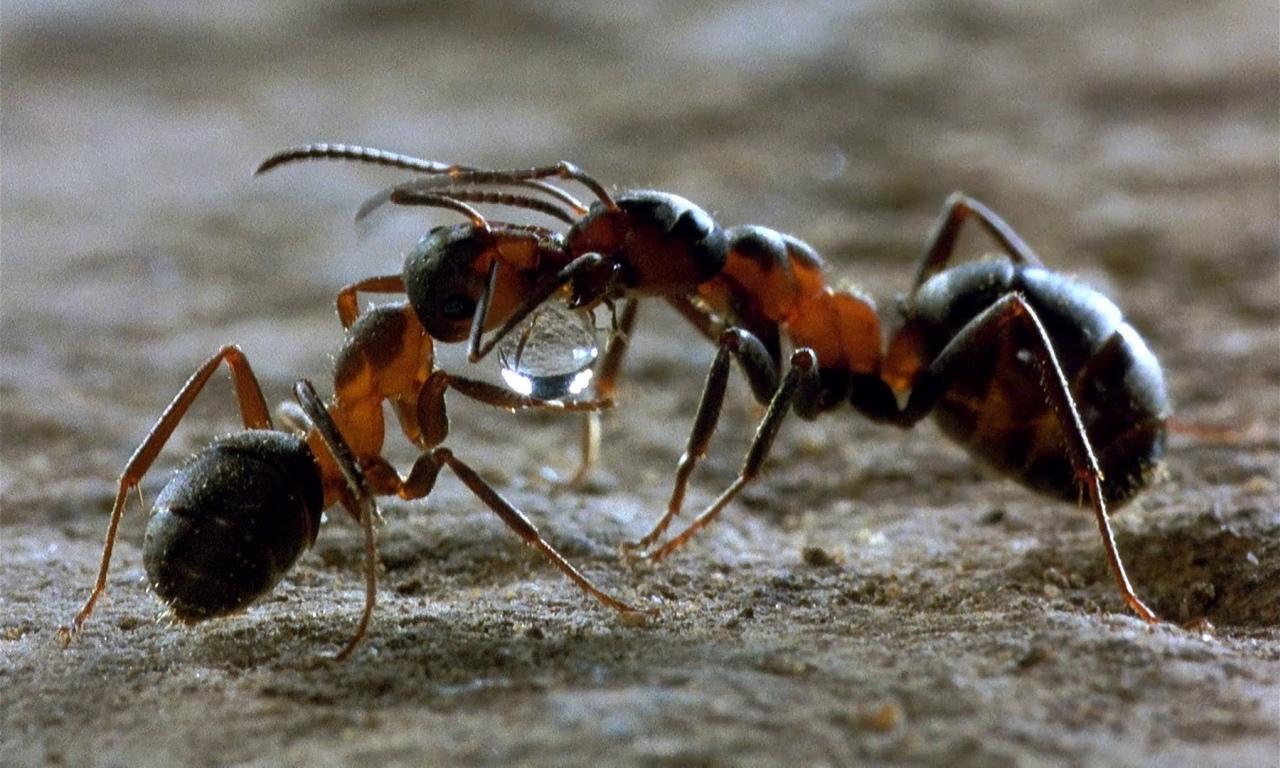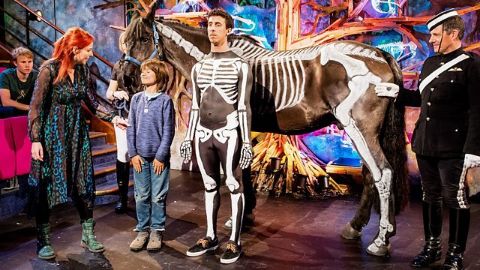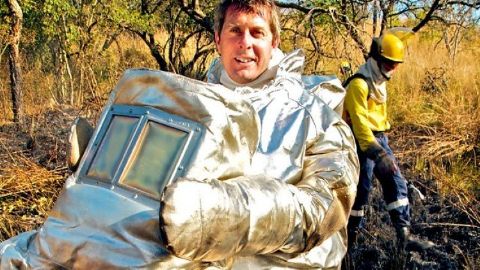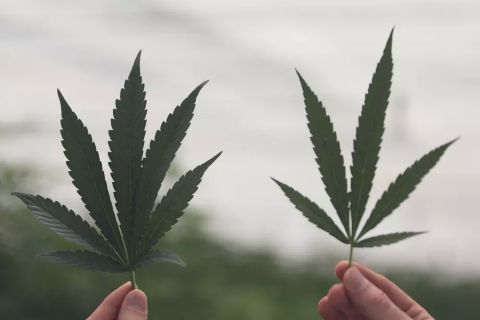Wild Africa • 2001 • 6 episodes •
The savannah is home to some of the greatest herds on Earth, and in this episode, Wild Africa brings you close encounters with these animals. The savannah is Africa's youngest landscape, shaped by the weather and the animals themselves as the continent dried. It is now home to baboons, wildebeest, lions, cheetah, and aardvarks who must struggle through the eight-month dry season to survive.
2001 • Nature
As a whole, Africa is a dry continent with deserts dominating the landscape. Wild Africa explores how these deserts were created, and the amazing ways in which animals and plants have evolved to cope with the meagre and unpredictable rainfall, intense solar radiation, shortages of food and lack of shelter. By traveling through the African deserts, Wild Africa reveals that given enough time, a diverse variety of animals and plants can make a living in even the harshest conditions.
2001 • Nature
Africa's coasts were formed by the break-up of Gondwanaland 100 million years ago. They define the familiar shape of this special continent, and touch on a variety of environments including deserts, mountains, forests, wetlands and savannahs. Wild Africa takes us back in time to witness the birth of Africa and also carries us on a spectacular journey around the edge of the continent.
2001 • Nature
Plants amazingly dominate this green world by employing poisons, recruiting defensive armies, feeding off the dead and using animals for pollination and seed dispersal. For predators this world presents exceptional challenges, not only in finding prey in such a tangled place, but in how to deal with the toxins that so many animals and plants are laced with.
2001 • Nature
Just as Africa constantly throws-up mountains which intercept moisture-laden clouds from the oceans, so the changing landscape also creates grooves and basins which channel and gather the precious moisture that falls on the high ground.
2001 • Nature
